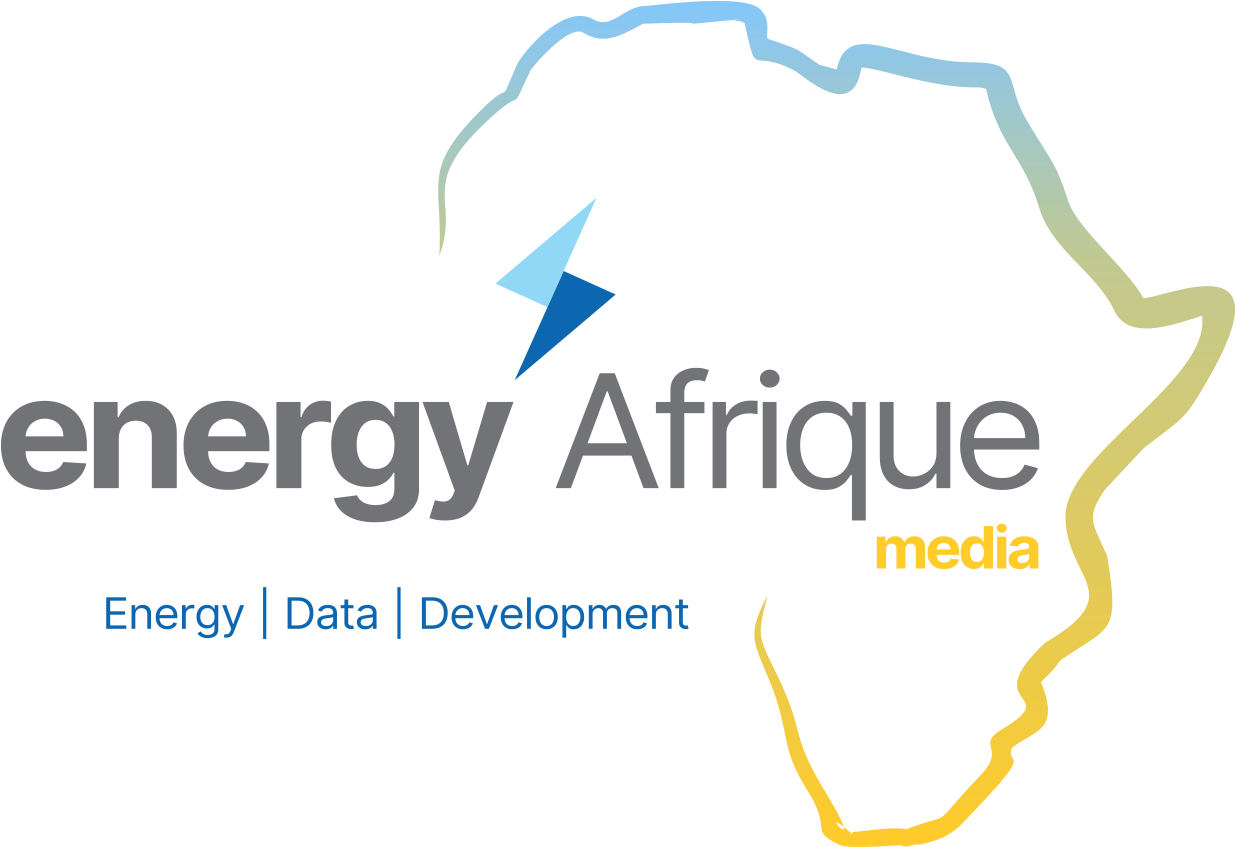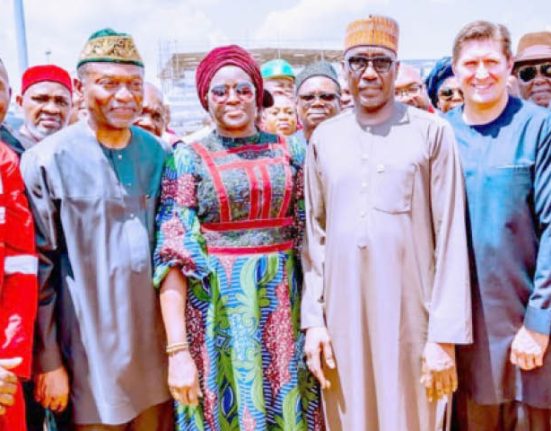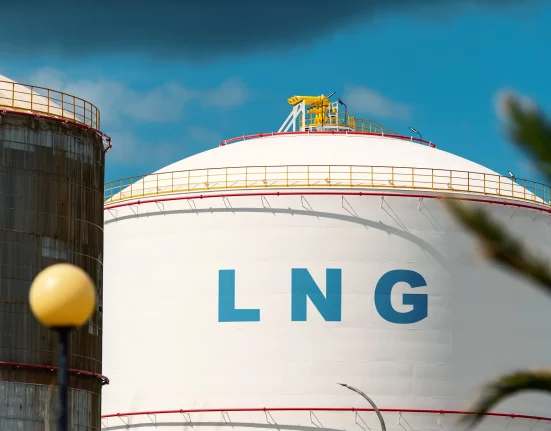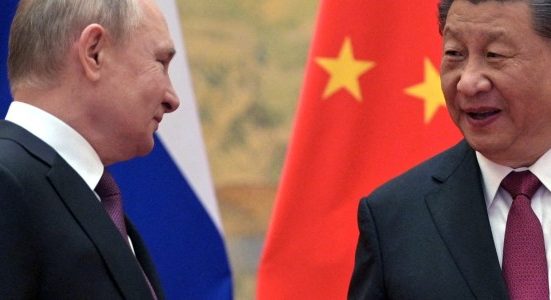By Suraj Sa’id Haruna
It is no news that energy is a major driver of every economy and the inability to provide same for day-to-day affairs will have a negative effect on the economy. Africa has abundance sources of renewable energy when timely harnessed and adequately utilized through the right investment, it could position the continent as a global energy transition leader.
As the African continent progresses into a post COVID-19 era while global investors are turning their eye to clean energy projects, Africa is seeing the rise in renewable energy developments. Various countries in the continent are making drastic efforts to energy transition through implementation of different projects capable of transforming and positioning the continent as a global energy transition leader. Already in 2021, several large-scale projects were completed and launched thereby consolidating Africa’s position as a clean energy competitor.
Nigeria is enriched with several renewable energy sources such as solar, wind, hydropower and biomass. Energy from hydropower has actually been at the core of Nigeria’s grid electricity production since the 1960s as it accounts for 12.5% of its on-grid energy. For instance, the Kainji and Jebba Dams accounted for around 50% of Nigeria’s stable power sources. Until recently when it was overtaken by gas power stations whose role continues to be constrained by the poor state of the national grid and unstable gas supplies.
Large part of population’s view in Nigeria about renewable energy is focused on solar and wind power only. However, as stated earlier renewable energy from hydropower has actually been at the core of Nigeria’s grid electricity production and when adequately utilised, will complement other sources in the sector.
As the efforts towards transiting to clean energy intensifies, the federal government has set out three key ambitious targets for its electricity sector by 2030 which are; access to Electricity for all, 30% share of renewable energy target and a climate emissions target.
As part of its economy recovery process from the covid-19 pandemic, the Nigerian government launched the Solar Power Naija project which seeks the roll-out of 5 million solar-based connections to communities that are off-grid. The government has commenced the implementation of this project with the Jangefe community of Roni Local Government Area in Jigawa State where it received 1,000 solar home system connections for its population of about 5,000. Thereafter, the project will continue across other states of the federation like in Edo, Lagos, Adamawa, Anambra, Kebbi, and Plateau at the first phase while it progresses to cover the entire country and its capital by increments, with the ultimate goal of improving the standard of living for 25 million Nigerians.
Other African countries have significantly embrace the renewable energy with huge projects in order to drive development. Countries like Morocco, Namibia, Botswana, Congo, South Africa, and Ghana have taken drastic measures toward cleaner energy by siting projects in their respective countries which could go a long way in this energy transition era.
In Namibia for example, the government has settled for the country’s first-ever large-scale green hydrogen project. Located in the Tsau//Khaeb National Park, the $9.4 billion project will help position Namibia as a green hydrogen economy, with HYPHEN being awarded a 40-year timeline to construct and operate the project. During the first phase, expected to enter into production in 2026, the project will create 2GW of renewable electricity generation, with capacity increasing to 5GW within further expansion phases.
To enable production of much-needed electricity for the countries, Congo and Cameroon have signed a concession agreement with China Gezhouba Group Company for the construction of a $700 million hydroelectric station on the Dja River. With an estimated production capacity of 600MW and project completion expected in 2025.
The Democratic Republic of the Congo on the other hand, has signed power purchase agreements for two solar plants in the copper belt region with an estimated capacity of 100MW each, the two solar plants will cost $148 million and $157 million, respectively.
South Africa is to construct a 100MW solar photovoltaic plant at the Mogalakwena mine to integrate renewable energy with its mining operations which contributes to carbon neutrality at the mine while strengthening operational efficiency.
Botswana has secured investment commitments totaling $950,000 towards Shumba Energy’s $80 million investment for 100MW solar project in Botswana. With full funding expected by Q2 2022, the project will represent the largest in Botswana. As the company moves away from fossil fuels, the project marks a significant step in the transition to renewable energy sources.
The Government of Ghana and Bui Power Authority have announced plans to construct eight solar plants in Ghana. The plants will have capacities ranging from 10MW to 100MW each, and will be tied into the National Interconnected Transmission System. The projects which is expected to commence in Q1 2022, with plant capacity determined by size and specifications provided by investors.
Even though, African countries have realized the need to embrace the newer way of sourcing energy to compliment the world effort to address the issue of global warming, the spate at which the continent implements the renewable energy related policies and projects are slow despite having abundant natural sources of renewable energy which when adequately utilized are capable of placing Africa high in terms of economic growth.
Thus, brighter days await African countries if our leaders can redouble their efforts through formulation and implementation of relevant policies, citing of impactful projects, monitoring and evaluation strategies as well as adequate funding to poster growth which will effectively and efficiently position the continent in to a more viable place to invest and live in.









